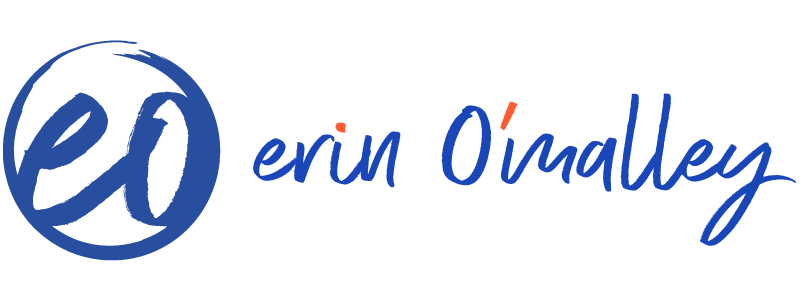Ask don’t tell. If you hang out with me for more than a few hours in a work-type setting, chances are 100% that you will hear me say this phrase. Mantra. Rule.
As the saying goes, rules are meant to be broken. There ARE times when you tell before you ask. Because if you don’t, you bring on defensiveness, break trust, and generally seem like a huge jerk, which is what went down in a session on Friday.
We were talking about the best way to handle difficult conversations. Sue’s response was to ask questions. Yes! I thought. Then Sue relayed her scenario. That “yes” turned into an “oh nooooooo.”
It would seem her colleague felt the need to put her head down on her desk during a meeting and might have taken a quick snooze. Sue was not in the meeting; just heard about it secondhand. Sue also casually mentioned that the Napper (alleged Napper, as we’ll now refer to her) was “on her list” because she wanted to fire her but couldn’t. The opposite of good vibes only heading into this conversation.
As Sue sat down for the meeting, she asked the Napper, “Is there something you’d like to talk about?”
“No. You called the meeting.”
“Is there anything you’d like to share?”
“Um, no. What are you talking about?”
“Was there something you wanted to tell me about the meeting the other day?”
“Is this about me putting my head down during the meeting? I KNEW IT!”
Train officially derailed. Conversation confirmed cluster. Questions quickly corrosive. Cringe factor felt throughout the room…except for Sue. Sue was oblivious, and in retelling the story, you could tell she felt pretty proud of how she handled it. But she did it wrong.
If you have intel about the situation or behavior you’re discussing with someone, this is when you tell, don’t ask. If you ask what you already know, it’s a gotcha set up. It’s sneaky. It’s rude. It puts up a wall and stops further conversation.
Sue could have said, “I heard you put your head down on the desk at the meeting on Thursday. I’d like to hear from you about what was going on with you that day. Can you share what was happening from your perspective?”
That’s the question we want the answer to. That’s what we’re curious about–what was going on and how we can address the behavior. Not questioning people about things we know the answer to as a way to slam dunk them and lead them into a trap.
It was clear Sue hadn’t set her intention. She hadn’t grounded down into what she wanted Napper to do, think, and feel at the end of the conversation. Or perhaps she did, and she defined it as: Do: quit. Think about: what a manipulator I am. Feel: angry and annoyed.
Her aggravation and annoyance, which very well might be warranted, overshadowed her desire to hear both sides of the story. She was led by judgment and assumption instead of curiosity. She was complicit in proving her narrative: Napper is a jerk! More ammunition as to why she should be fired!
Sue took no ownership of her role in how her line of questioning might be responsible for Napper’s response.
When you’re preparing for difficult conversations, come ready with questions. Check to make sure they are curious questions that you don’t already have the answer to.
Check to make sure you’re not trying to “gotcha” someone to fuel a narrative.
Because with genuine curiosity and wonder, you just might learn something to make that conversation a bit less difficult.




0 Comments